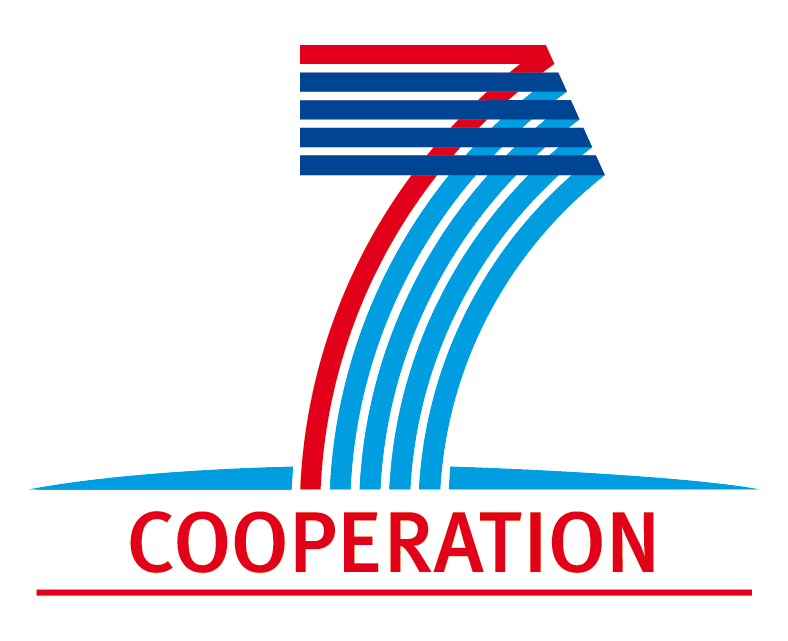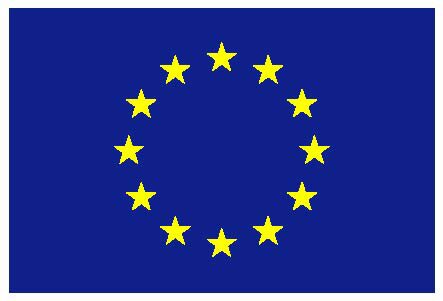 Press release
Press release
Media release: Amsterdam, november 9, 2010, Kick-off meeting of Contrail Project in Amsterdam
 Converging clouds - Companies share computer capacity through the internet
Converging clouds - Companies share computer capacity through the internet
Supply and demand for computational capacity is elastic. Some companies are are falling short, others have capacity in abundance. More often than not the need or surplus in computational power or storage capacity is temporary. Wouldnʼt it be wonderful if the surplus of one corporation could (temporarily) alleviate the wantage of the other. Today, a consortium of ten organisations from six European countries started on a collaborative project to enable just that. The Contrail project aims to design, implement, evaluate and promote an open source computational cloud wherein users can limitlessy share resources.
What seems simple, is in fact a huge challenge. Suppliers and users of computer capacity already have fast internet connections. But in future, systems will have to communicate seamlessly with one another, despite running different software on various platforms. The workload has to be distributed proportionally, data must be at the owners disposition and very well secured at all times. Accesibility and interoperability are both of great importance. In finding answers to these and many other issues, ten organisations from six European countries are collaborating in the Contrail consortium. The project will run for a period of three years and will show tangible results:
1. Contrail will provide a complete Cloud platform which integrates a full Infrastructure-as-a- Service and Platform-as-a-Service offer. 2. Contrail will allow Cloud providers to seamlessly integrate resources from other Clouds with their own infrastructure.
3. Contrail will breach the current customer lock-in situation by allowing live application migration from one cloud to another. 4. Contrail will be fully available in open-source.
Contrail is an open infrastructure in a homogeneous computer cloud, in which participants can seamlessly share their computer capacities. It could induce a giant economic impuls. Hence the EUʼs contribution of 8.3 million Euros to the projectʼs budget of 11.5 million Euros.
(end)
This release can also be downloaded:



 Contrail is a project managed by the Contrail consortium. Contrail is partially funded by the FP7 Programme of the European Commission under Grant Agreement FP7-ICT-257438.
Contrail is a project managed by the Contrail consortium. Contrail is partially funded by the FP7 Programme of the European Commission under Grant Agreement FP7-ICT-257438.